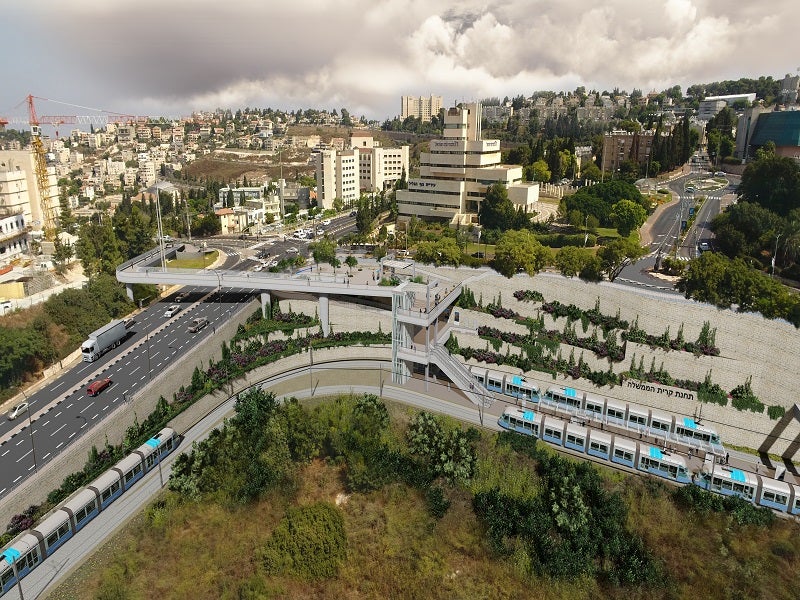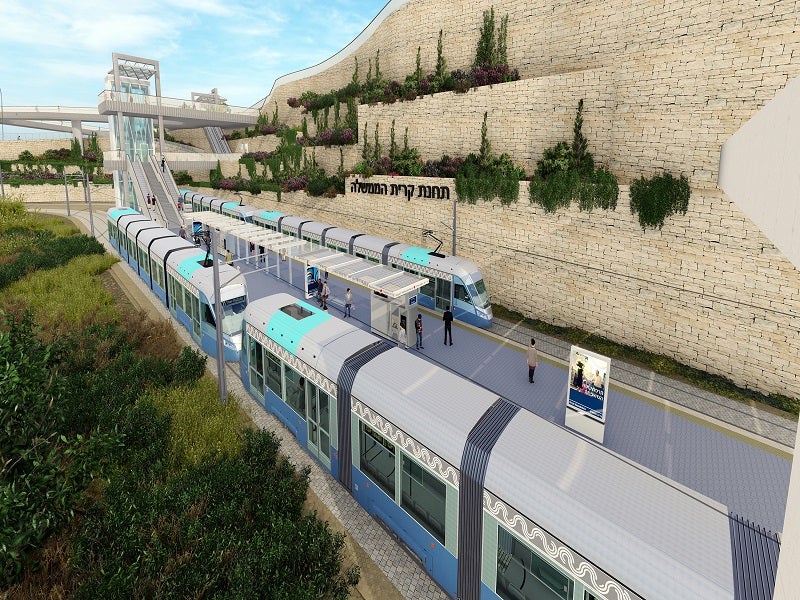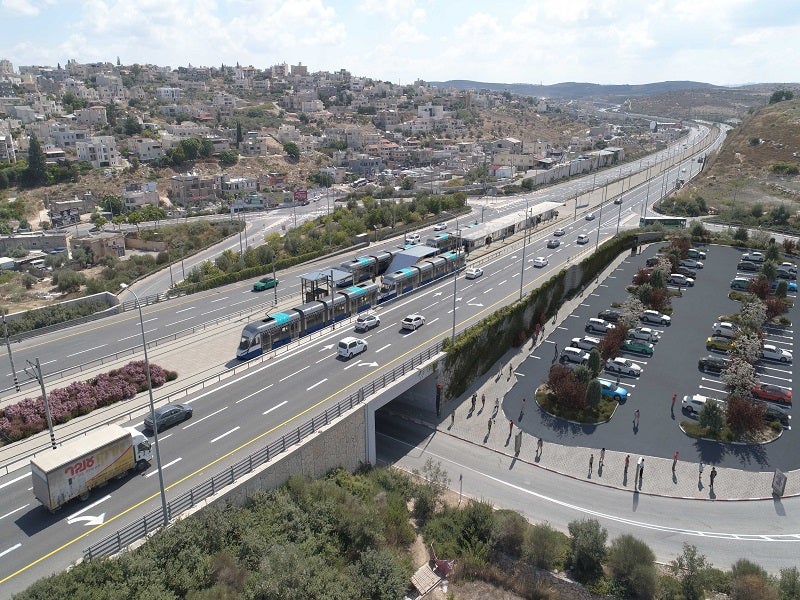The Haifa-Nazareth light rail transit is a tram-train project proposed to be built to serve the northern part of Israel.
Trans-Israel, a project management agency of the Israeli Ministry of Transport and Road Safety, will oversee the development of the project, which will link the cities of Haifa and Nazareth.
The light rail public transit project will connect communities across the Galilee and Haifa metropolitan regions. The investment in the project is estimated at NIS6bn ($1.85bn).
The proposed light rail service is expected to have an annual ridership of approximately 30 million passengers, while daily ridership is estimated at 10,000 passengers an hour in each direction.
Haifa-Nazareth light rail project route details
The light rail route will have a length of 41km, covering ten municipalities. It will include 20 stations, ten of which will be integrated with the street, while the remaining ten are planned to be elevated.
Trains operating on the route will start at the Merkazit HaMifratz station in Haifa, Israel’s largest transportation hub, and travel through Kiryat Ata’s major business hub, which will be surrounded by proposed neighbourhoods and a commercial centre.
It will then continue along Route 79, passing through the communities of Shfar’am, Bir El-Maksur, Mashhad, Reineh, and Nof HaGalil city.
The train will eventually reach Nazareth, the final station of the route, and a popular tourist destination for Christians from across the globe.
The route will include both urban and inter-urban sections. The trains are expected to have a maximum travel speed of approximately 100km/h, while the estimated travel time between Haifa and Nazareth is nearly 50 minutes.
The fleet will include between 30 and 40 trains that are expected to operate at a frequency of four to ten minutes.
Haifa-Nazareth light rail project infrastructure
The light rail project will also involve the construction of a depot, a control centre, and up to three stabling areas. The 85,000m² depot will be located in Kiryat Ata city, in the Haifa district. It will be used for the storage and maintenance of the light rail cars.
A control centre will be built to control and monitor train traffic along the line. Rooftop solar power generation facilities are also planned to be established at the depot.
Haifa-Nazareth light rail transit construction details
The Haifa-Nazareth light rail transit project will be implemented in two stages.
Preparation works, including excavation and pile drilling, are progressing. The expansion of the Gilad bridge, and the construction of a new bridge adjacent to it, will be undertaken in the second quarter (Q2) of 2022.
The first stage will involve detailed design, and civil engineering works including construction, upgrade and relocation of water, sewage, electrical and communications infrastructure.
Additionally, earthworks and the construction of bridges, roads, and parking areas will be completed during the phase.
To be executed under a public-private partnership, stage two will involve the financing, planning, construction, operation, and maintenance of the light rail line. Works will include the installation of railway infrastructure such as electrification, signalling, and command and control systems.
Furthermore, the second stage will include track laying and the procurement of rolling stock.
A phased construction approach will reduce the impact on pedestrians and businesses.
Project benefits
The Haifa-Nazareth light rail project will provide a large-scale public transportation network, which is efficient and ecologically sustainable.
It will connect towns in the country’s outskirts to major cities.
Contractors involved
Dana Engineering, in collaboration with Spanish company IDOM, received the project management contract.
Ricardo Certification, an independent accredited assurance and testing company focused on rail and other sectors, was awarded a tender to provide consulting services for the supervisory independent safety assessment (SISA) of the project.





